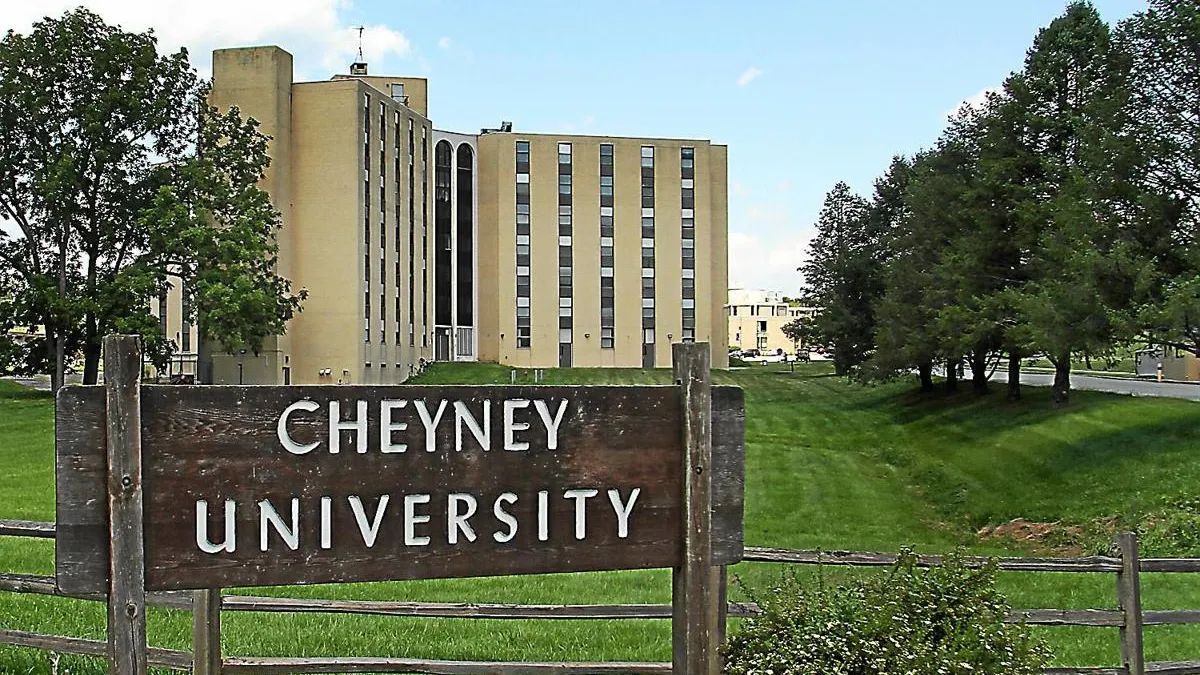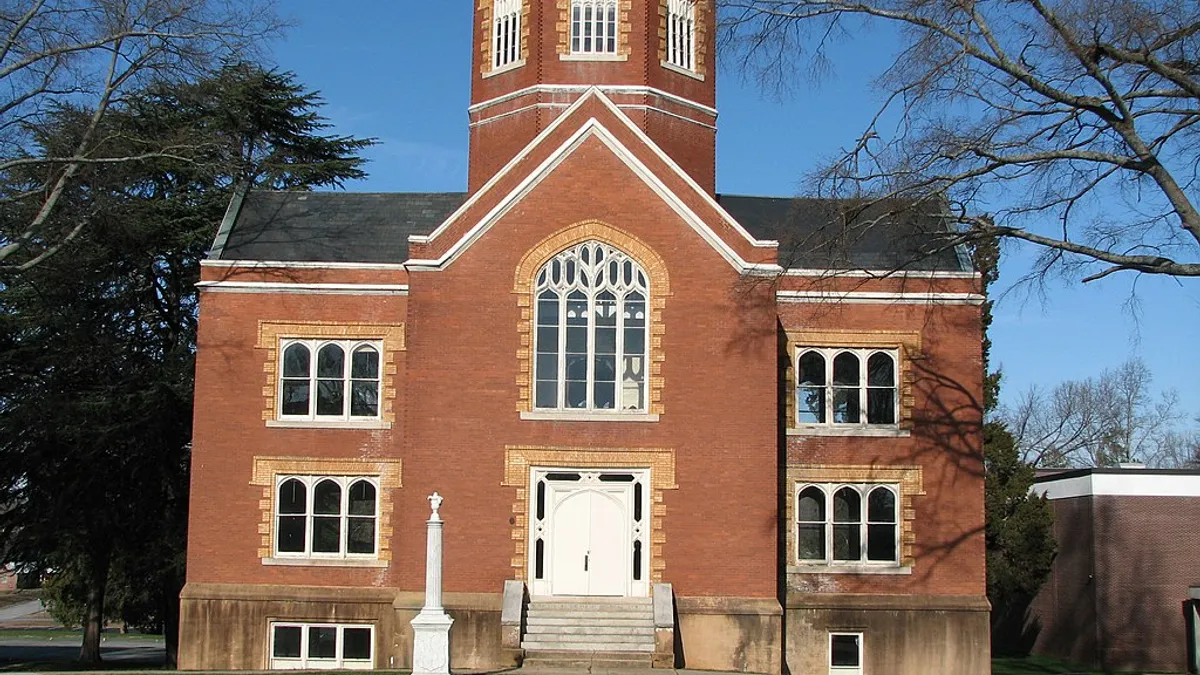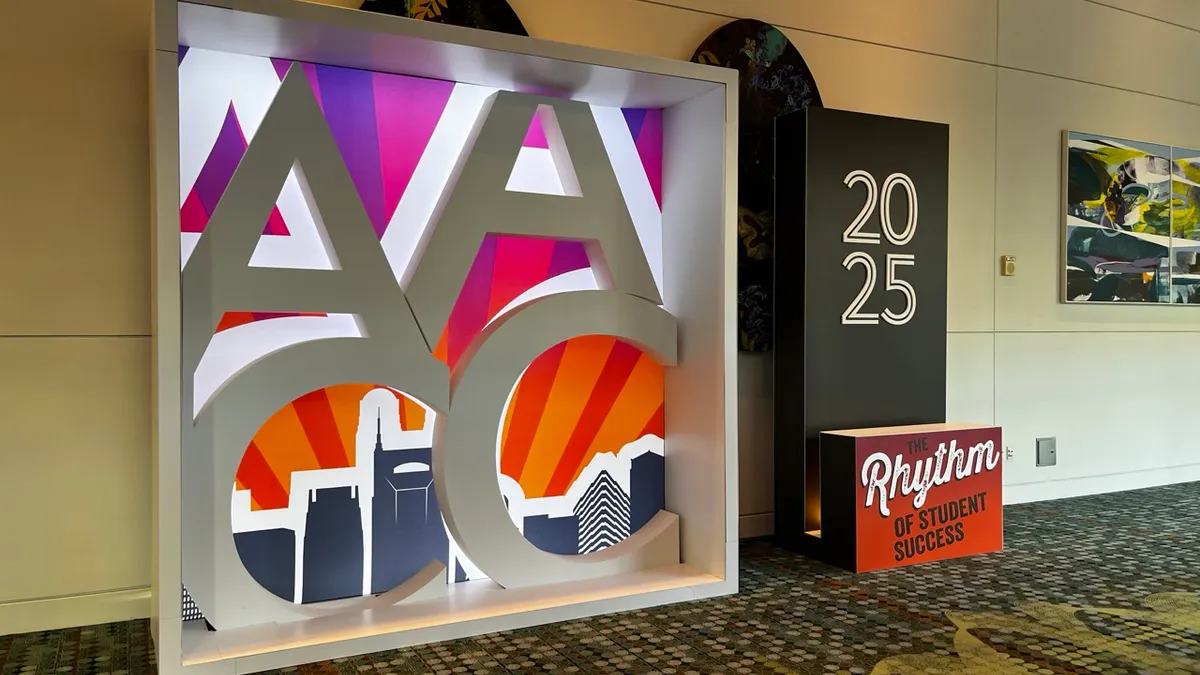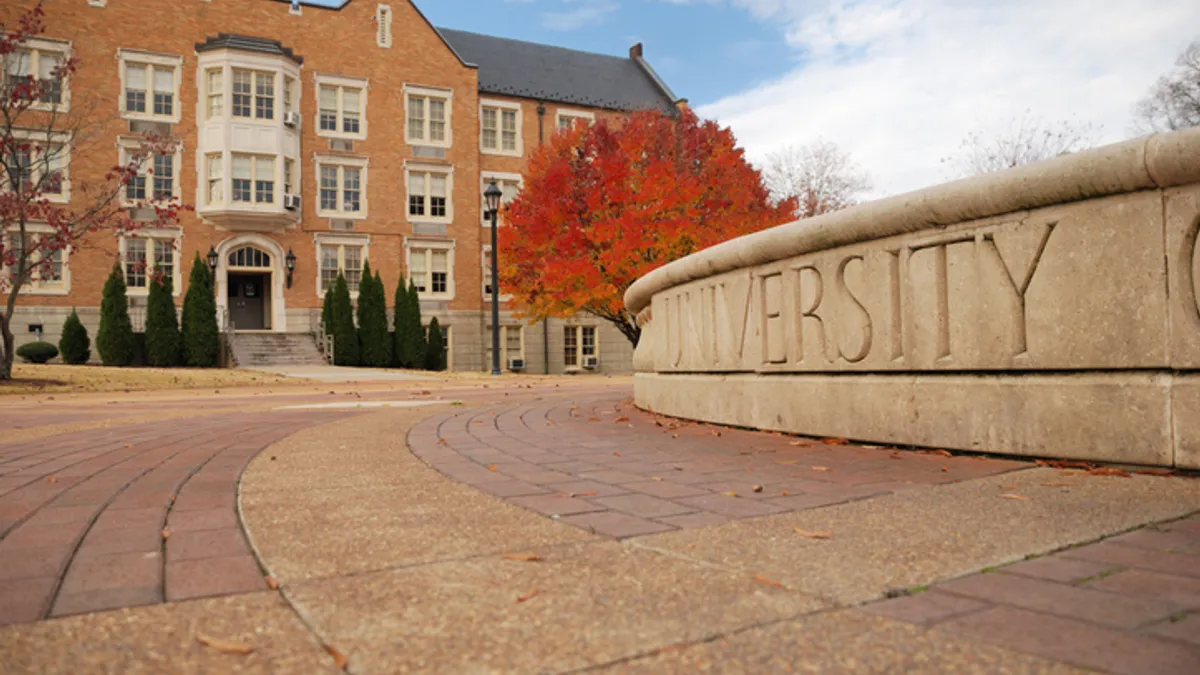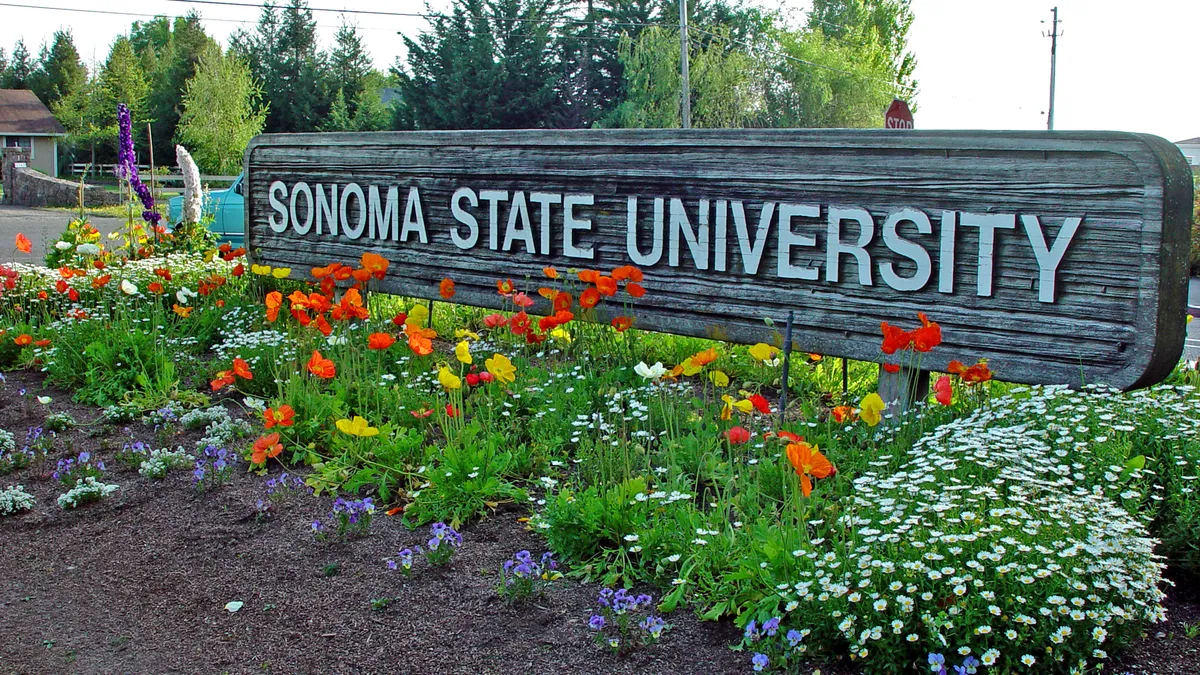Cheyney University of Pennsylvania is back on accreditation probation as of last month, reigniting yearslong concerns about the nation’s oldest historically Black college and its finances.
The public rural HBCU appeared to mount a comeback, having its accreditation renewed in 2019. The milestone came after the university's precarious financial position had jeopardized its status for years. The Middle States Commission on Higher Education had put it on probation in 2015 and two years later asked the institution to “show cause” why it should not have its accreditation revoked — the final step before pulling it.
Middle States said last month that it’s once again not convinced Cheyney is following accreditation rules.
The accreditor does not publicly disclose many details of potential violations of its standards. But it said Cheyney may be deficient in areas including “ethics and integrity” and “design and delivery of the student learning experience.” It wants Cheyney to show it’s complying with laws, regulations and Middle States policies, as well as meeting requirements related to financial planning.
The university remains fully accredited while on probation, Kevin Hensil, spokesperson for the Pennsylvania State System of Higher Education, noted in an email Friday. Cheyney is a part of the PASSHE network.
“Cheyney has experienced a tremendous resurgence in recent years and is following an innovative strategy that is increasing enrollment, improving the campus experience, and establishing several public-private partnerships that are creating more opportunities for students,” Hensil said. “The State System is confident and excited about Cheyney’s future.”
A Cheyney spokesperson did not respond to a request for comment Friday.
Years of woes
Cheyney’s enrollment was in free fall for many years. After reaching roughly 1,660 students in the 2006-07 academic year, it now only enrolls about 700.
That’s a significantly better picture than even a few years ago, when in the 2018-19 year, its headcount had plummeted to under 470 students.
In ways, Cheyney’s enrollment troubles mirror PASSHE’s.
The system’s enrollment too has cratered in the last decade-plus, from about 119,500 students in fall 2010 to fewer than 83,000 today — though the system has cheered a rise in first-time enrollments. Cheyney also saw a 15% bump in first-year students.
So shaky were PASSHE’s finances that in 2021 its governing board signed off on a merger of six of its institutions into two, an attempt to stem bleeding costs.
But even among PASSHE’s financially struggling institutions, Cheyney has stood out. It had continually run multimillion dollar budget deficits, but the longstanding financial troubles escalated in 2015, when a PASSHE-commissioned review revealed Cheyney mishandled $29.6 million in federal financial aid between 2011 and 2014.
That attracted attention from the U.S. Department of Justice, which began investigating Cheyney’s use of the federal financial aid system in 2016. Cheyney also later struck a deal with the U.S. Department of Education to pay back $14.3 million of the misused funds over time.
The financial turmoil drew Middle States scrutiny, which maintained sanctions on Cheyney until the 2019 reaffirmation of its accreditation. Middle States at the time attributed its decision to then-Gov. Tom Wolf forgiving about $40 million the state had loaned Cheyney.
Since then, Cheyney has purportedly been on track to financial stability. University officials told The Philadelphia Inquirer in August that it has balanced its budget for the last four years.
That month, it settled a 2019 lawsuit from two former administrators who alleged Cheyney President Aaron Walton improperly rerouted funding for Cheyney University Honors Academy into marketing and recruiting. The university never disclosed the deal’s terms, but did not admit to wrongdoing.
Trouble ahead?
Fears over Cheyney still linger. For one, the Education Department still has Cheyney on one of its heightened cash monitoring lists, a designation for institutions with which it has financial concerns.
Cheyney has been on heightened cash monitoring since 2015. It requires the institution to fund students’ financial aid out of its own budget and then seek Education Department reimbursement. Normally, a college can just draw how much it needs directly from the agency.
Middle States this month asked Cheyney to detail the heightened cash monitoring, along with the rest of its operations, in a report due in March 2024.
As is standard, the accreditor is also mandating that Cheyney develop a teach-out plan by that date that would outline how students could complete their studies if Middle States rescinded its accreditation.



